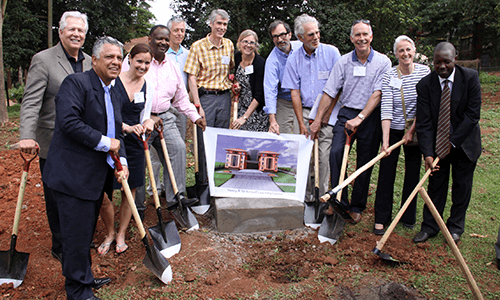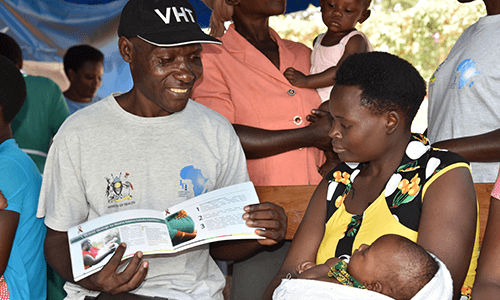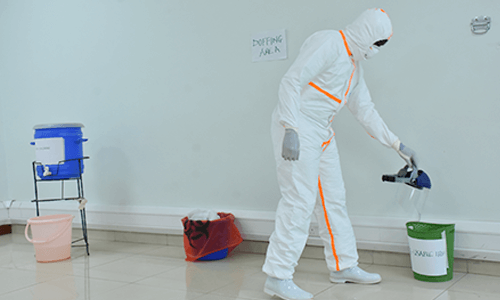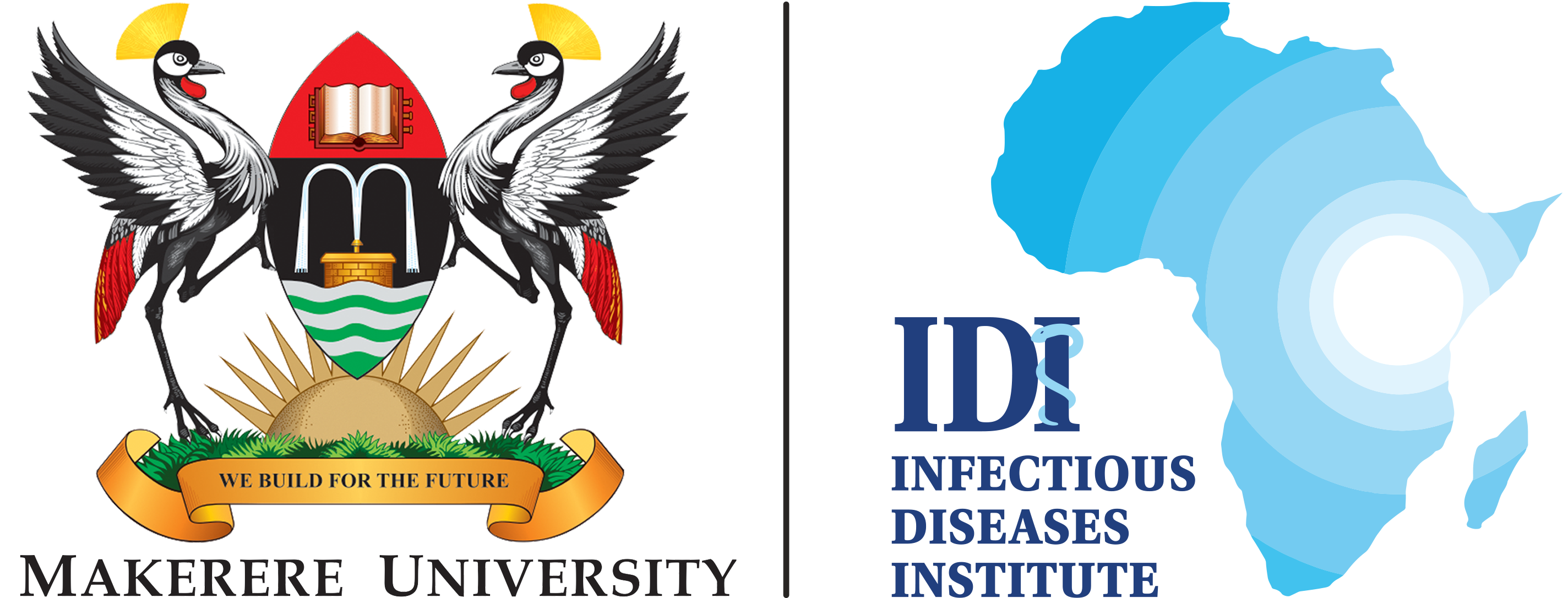- Associated Links
-
-
Our united network of partners and institutions share a vision for excellence, innovation, and impact. Together, we harness our combined strengths to create meaningful change.
-
-
- Careers
-
-
Our people are our greatest asset. We foster a thriving environment where everyone can flourish and make a difference. Join us in driving innovation and positive change through fulfilling career opportunities.
-
-
- Contact Us
-
-
As a leading national health organisation with regional influence, we are committed to improving healthcare in Africa. Connect with us to explore partnerships, discover our work, and together create a healthier future.
-
-

Infectious Diseases Institute (IDI) is a national, non-profit organisation wholly owned by Makerere University. Established over 20 years ago in response to Africa’s HIV crisis, IDI emerged when treatment and prevention interventions were becoming available in the West. Concerned about Africa’s limited capacity to effectively utilise these interventions, a group of Ugandan university professors partnered with U.S. colleagues to create an institute focused on training, research, and care for infectious diseases, particularly HIV/AIDS.
Today, IDI is a leading partner of the Ugandan Ministry of Health, responsible for about 20% of all people on antiretroviral therapy (ART) in Uganda. With operations in 92% of Uganda’s districts and strategic partnerships in 23 African countries and nine others worldwide, we gain diverse insights to develop tailored solutions for local communities. We believe a healthy Africa, free from the burden of infectious diseases, is achievable. Our work, encompassing six core programmes and three targeted sub-programmes for effective healthcare delivery, aims to ensure lasting health change for all.
0
dedicated professionals working towards a healthier Africa.
0
funders with $61 million annual revenue, fuelling our impactful work.
0
grants portfolio driving long lasting impact.
0
dedicated professionals working towards a healthier Africa.
0
funders with $61 million annual revenue, fuelling our impactful work.
0
grants portfolio driving long lasting impact.
VISION
A healthy Africa, free from the burden of infectious diseases
MISSION
To strengthen health systems in Africa, with a strong emphasis on infectious diseases , through research and capacity development.
Core Values
Six core values underpin IDI’s work, shaping our culture and driving our mission. These values are the foundation of our work and define who we are.
CARING
We aim to be responsive, kind and patient at all times.
INTEGRITY
We are fair, honest and truthful in all interactions. We seek to adhere to the highest ethical and scientific standards and conduct.
ACCOUNTABILITY
We accept our responsibilities and try hard to achieve those things for which we are accountable.
EXCELLENCE
We are proud to be part of a high-quality institute and have a passion for continous quality improvement.
INNOVATION
We are constantly looking for ways to improve. We embrace change as an opportunity
TEAMWORK
We support each other to achieve the IDI objectives. We communicate actively and openly. We are reliable and loyal to each other.
Our Story: From Crisis to Catalyst
The year was 2001, and Uganda was in the throes of the global HIV/AIDS epidemic. A team of passionate scientists from North America and Uganda under the Academic Alliance for AIDS Care and Prevention in Africa came together to confront this pressing health crisis. They envisioned a future where their research, training, and care could make a real impact. And so, IDI was born.
In 2002, their vision became a reality as IDI was officially incorporated as a non-profit organisation with initial support from Pfizer. This marked a significant transition as they separated from the Pangaea Global AIDS Foundation to become fully owned by Makerere University. This strategic partnership with one of Africa’s leading academic institutions allowed IDI to bridge the gap between research and healthcare outcomes.
Since then, IDI has grown into a major player in African health. While its original focus was on HIV/AIDS, the organisation has expanded its efforts to strengthen public health systems across the continent. Through data-driven interventions and partnerships with local communities, IDI works to detect and respond quickly and effectively to disease threats and outbreaks.
With six core programmes focused on prevention, care and treatment, training and capacity development, research, laboratory services, health systems strengthening, and global health security, IDI’s impact has grown significantly. Today, IDI operates in 92% of Uganda’s districts and has established collaborations with 23 African countries and nine other nations worldwide. Despite this growth and expertise, our commitment to excellence remains steadfast. We continue searching for new ways to limit the impact of infectious diseases and enhance health systems across Africa.
Until no community is left vulnerable to infectious diseases, we are IDI—here until infectious diseases are not.
Our Journey
2001
Founding Year

Founding Years
- Established by a group of visionary scientists from Uganda and North America under the Academic Alliance for AIDS Care and Prevention in Africa.
- Launched with a focus on addressing the HIV/AIDS epidemic through research, care, and training.
- In 2002, incorporated as a non-profit organisation wholly owned by Makerere University.
2005
Expansion of Core Programmes

Expansion of Core Programmes
- Introduced comprehensive HIV services, including prevention, care, and treatment.
- Began capacity-building initiatives to train healthcare workers across Uganda.
2010
Research and Innovation

Research and Innovation
- Expanded research capabilities with a focus on implementation science and health systems strengthening.
- Published ground-breaking studies that informed global health policies.
2015
Global Health Security

Global Health Security
- Launched the Global Health Security Programme to enhance preparedness and response to emerging health threats.
- Collaborated with international partners to address cross-border health challenges.
2020
Technological Advancements

Technological Advancements
- Established the African Centre of Excellence for Bioinformatics and Data Intensive Science.
- Leveraged cutting-edge technologies to drive innovation in healthcare delivery and research.
2023
Community Engagement and Outreach

Community Engagement and Outreach
- Strengthened community health programmes to ensure inclusive and culturally appropriate care.
- Implemented large-scale public health interventions in underserved areas.

